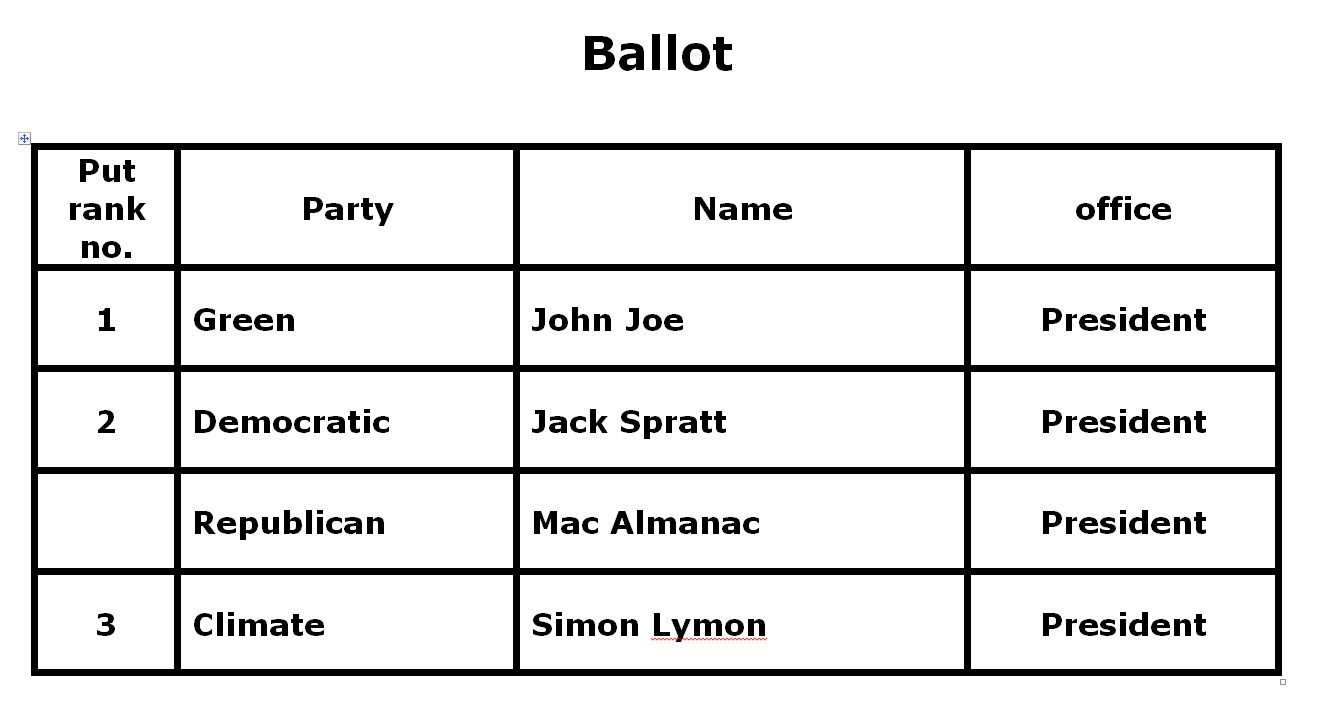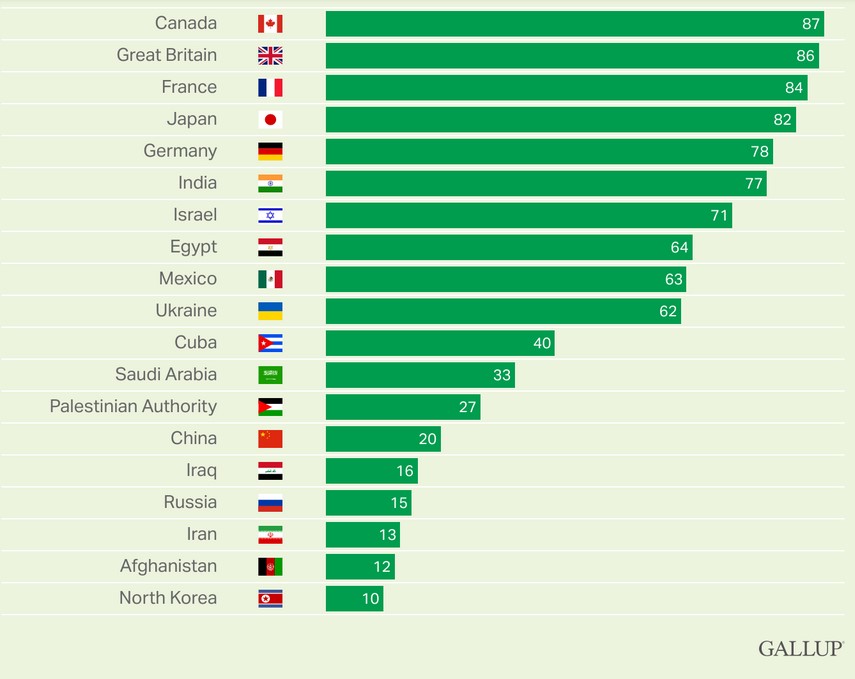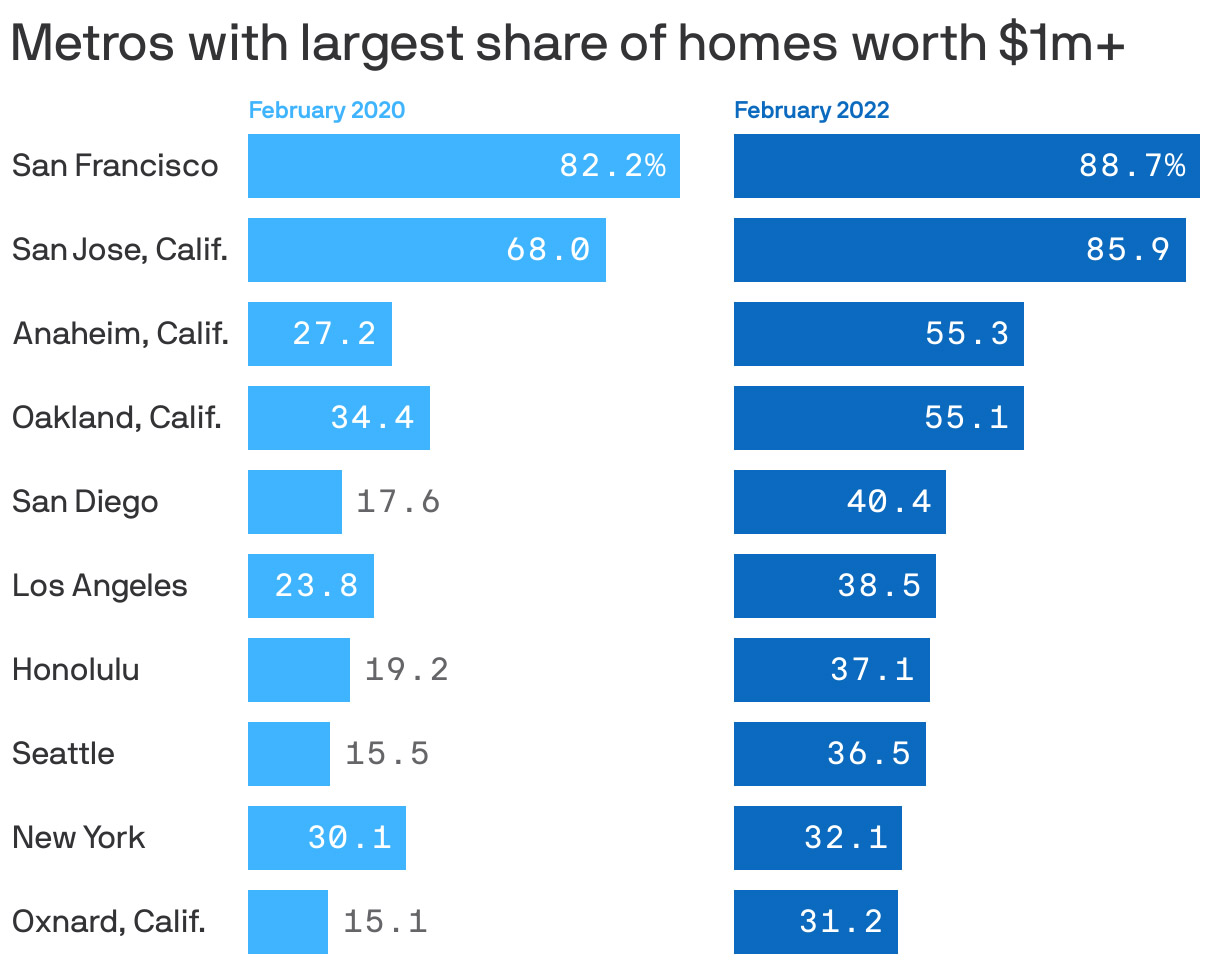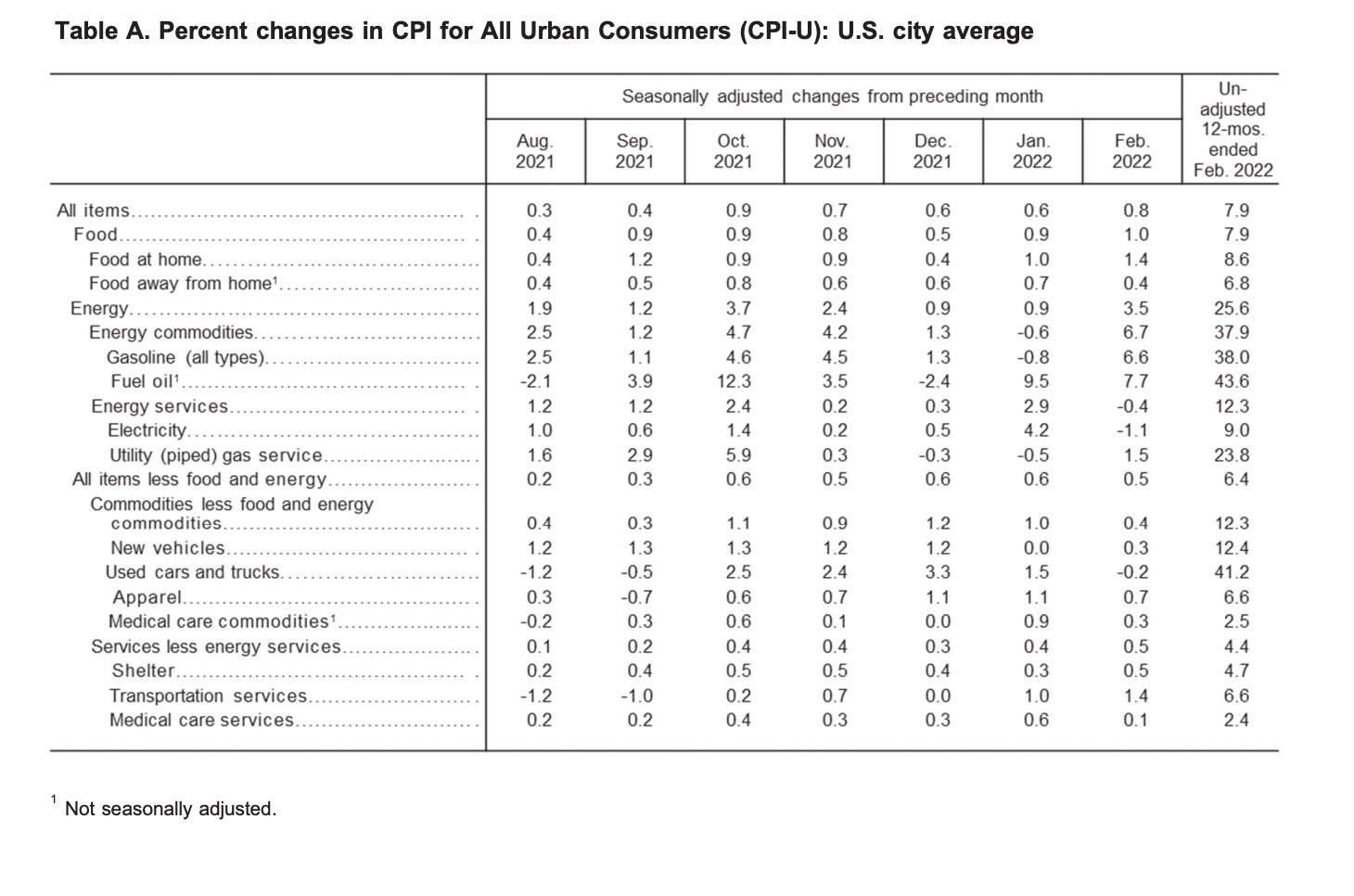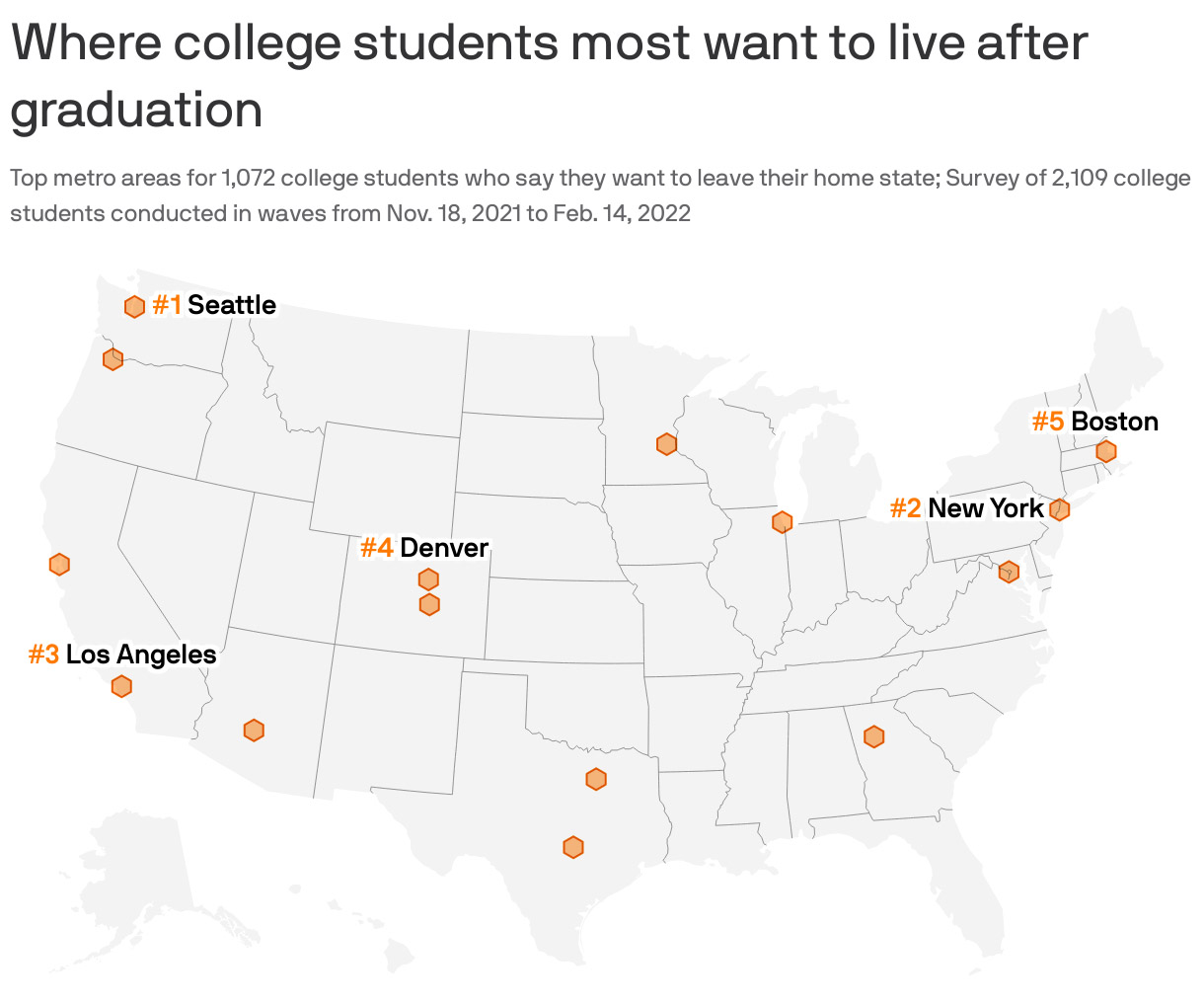Imagine the disruption caused to Ukraine society by Putin’s war. Then remove the physical destruction by the military but retain the confusion, the lack of understanding about what is happening, the confusion of not knowing what is right and true. Welcome to America.
The United States citizen struggles with rising totalitarianism, is confused by the mindset of authoritarian logic in a democratic nation, dodges cultural conflict between church and state, and wanders in a land without public rules for common behavior. Even corporate America is taking exception to governments that willy-nilly legislate new ethical standards without checking the greater social mindset:
֎ Axios reports: It’s a rare event when a change to a company’s insurance benefits makes news. But that’s what happened this week when Citigroup mentioned in a regulatory filing that it would cover travel expenses for U.S. employees seeking abortions.
Citi appears to be one of the first public companies to officially update its employee healthcare policy in response to the changing legal landscape.
Apple, which has a big presence in Texas, confirmed to Axios that its health insurance policies cover abortions, including travel fees if needed.
֎ Gallup contributed that it may be difficult to think much about the concept of happiness in troubled times like these, with a war raging in Ukraine and the world still battling its biggest health crisis in a century.
But this year’s World Happiness Report — released on Friday — shows these tough times have led to more people helping others. And this surge in benevolence may actually end up making the world a happier place in the long run.
The annual report, which relies heavily on Gallup World Poll data, documents strong growth in three “acts of kindness” during the pandemic: helping strangers, volunteering time to organizations and donating money to charities. The percentages of people who said they engaged in these activities increased in every part of the world — exceeding their pre-pandemic levels by almost 25%.
֎ Axios went further to note why it matters: We often celebrate those who break things, invent things or build things with bravado. But the author has learned more studying two men of uncommon modesty: Mikey and the late Fred Rogers, a.k.a. Mister Rogers.
Mike is a two-time founder, Politico and Axios, and was featured on the cover of The New York Times Magazine as “The Man the White House Wakes Up To.”
“Mister Rogers’ Neighborhood” spanned 1,000 episodes — at the time, the longest-running and most popular children’s program.
Keep the faith
The two are eerily similar in subtlety and selflessness. Their common gifts do not come easily to most:
Authentic humility. There’s a total absence of look-at-me, spotlight-seeking you see in others. They position themselves as servants or beneficiaries, not superiors. They both make others feel in conversation like the most important person in the world.
Intense interest in others. Both ask so many questions it initially seems like deflection, even insincerity. They’re maddeningly private. But then you realize their superpower is wild curiosity about what really makes others tick. Think of all you learn when you’re intensely listening.
Unusual optimism. I am a skeptic by training, realist by default; Mike always sees the goodness in people and situations. Mister Rogers did the same, usually circling back to the child inside all of us.
Minimalist living. No fancy mansions. No splashy sports cars. Hell, Mike doesn’t even have his own car or cable service. He spends more on donuts for Axios colleagues than clothes.
Deep faith. Most of the impressive people I meet in life hold deep belief in something beyond themselves. And it shows without saying.
Try it … Fred Rogers had this cheesy if wonderful ritual he would encourage others to do: Close your eyes for one minute, and picture all the people who helped you get where you are today.
 The quoted material above is just a sampling taken from web news, digital journals, magazines and newspapers. Political sociologists cite the importance of ‘unity’ while others have begun to use words like ’compassion’ and ‘respect’.
The quoted material above is just a sampling taken from web news, digital journals, magazines and newspapers. Political sociologists cite the importance of ‘unity’ while others have begun to use words like ’compassion’ and ‘respect’.
Dare we hope that the electorate will use these thoughts to straighten free roaming governments and infuse scruples into an indifferent social media?
Ancient Mariner

